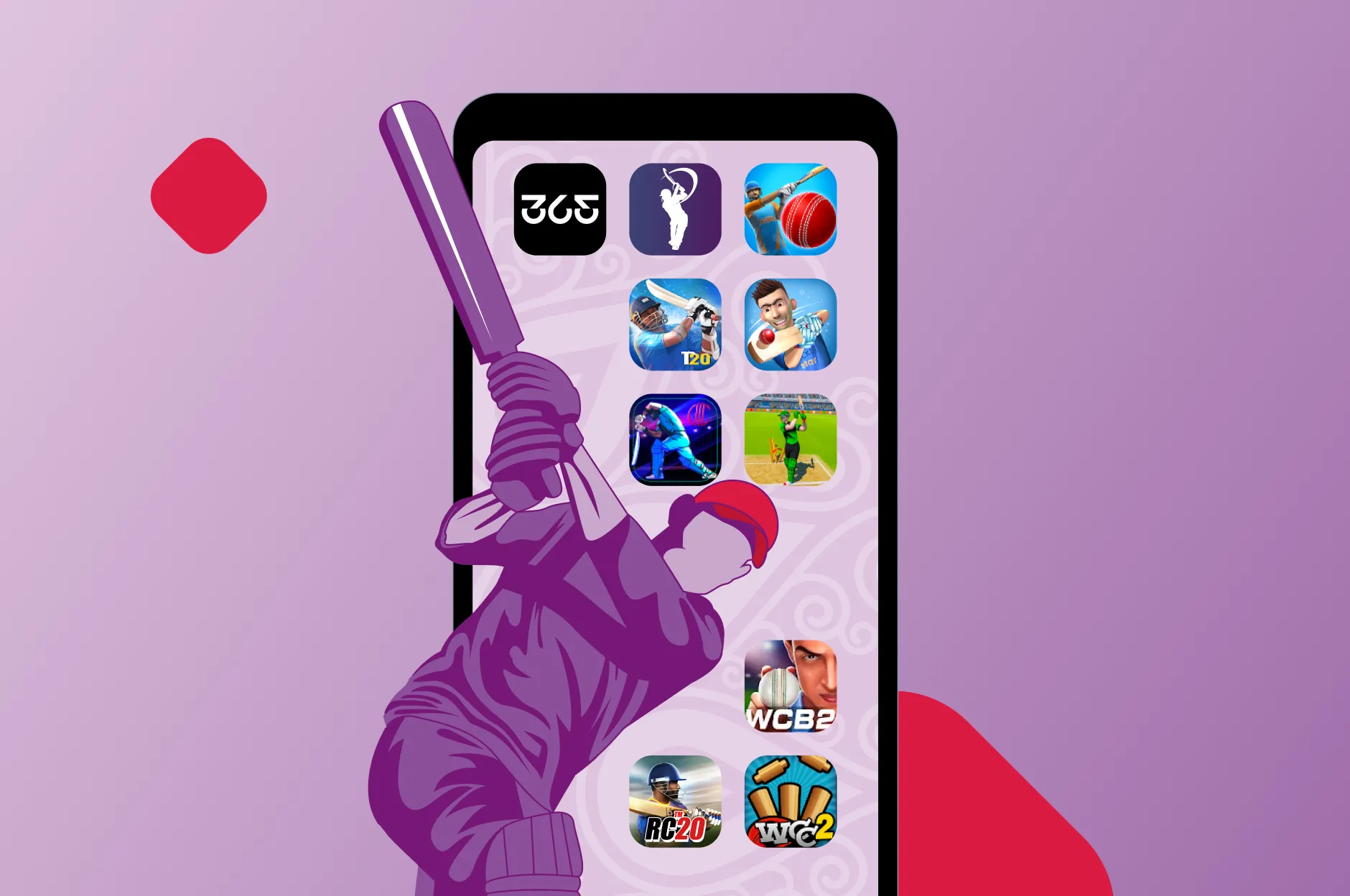

Psst, do you want to know a secret? Androidsmartphones are better than Apple’s iOS devices. OK, this might come as asurprise to many people reading this blog in the United States where Applestill dominates the market with approximately 55% market share but the rest ofthe world has known this little secret for some time now. Globally, Androiddevices own the smartphone market with more than 76% market share.
Apple fanboys (and girls) will, of course,automatically jump to the defense of their iPhones, citing all sorts ofevidence in favor of their cherished devices. They will tell you that Apple hasled smartphone innovation since they first appeared in our hands in 2007 andthat Android device manufacturers are simply riding on their coattails. Theymay also tell you that Android devices are only more popular overseas becauseglobally the economic situation isn’t as strong as it is back home. Some ofthis might be true (or more realistically might have been true) but it doesn'texplain why Apple's dominance in the US market is in decline in favor ofAndroid devices. I mean, typically, people don't buy inferior products whenthey are upgrading their devices to the latest model, do they?
FurtherReading: AppleBrand Loyalty Declines in Favor of Android Devices.
Innovation,Innovation, Innovation, and Cost
Success in the smartphone business is allabout innovation and to be honest Apple products just aren't that innovativeany more. Sure, you still get a top-quality product for your money (Applecertainly aren't backward about pushing the boundaries of price) but when youcompare the latest iOS devices against the latest Android devices from thelikes of Samsung or Huawei do they still come out on top? I don’t think so.
FurtherReading: WillPoor Trade-in Deals Kill The $2,000+ Smartphone?
In fact, if you are looking for innovation,it would appear the likes of Samsung and Huawei are more willing to take risksthan those good old boys at Apple. Sure, this might not always pay off (thefoldable device – anyone?) but without taking risks the market will surelystagnate.
This risk is paying off and we reallybelieve that the latest Android devices are as good as or even better thantheir iPhone equivalent. Of course, at Digital Turbine, we are a little biased.We live and breathe the Android eco-system. We love its open approach to doingbusiness as opposed to Apple’s “walled garden” strategy. You could argue (andI’m playing the Devil’s Advocate here) that Apple’s business model is thesmartphone equivalent of AOL’s dial-up internet business in the 1990s.
WhyAre Android Devices Better than Apple iPhones?
We can ignore things like battery life,screen size, and resolution, memory, etc. because Android devices have longsince caught up with Apple. Even today's low-cost devices are exceeding what boundariesApple was pushing out two or three iterations ago.
The primary benefit of choosing Androiddevices is choice. This pretty much encompasses every reason why you would wantto buy a smartphone, including the availability of apps, availability of hardware,and cost.
If you want to see how Android’s openapproach benefits everyone, just look at the number of apps available acrossthe various app marketplaces.
- Play Store (Android): 2.7 million
- Apple App Store (iOS): 1.9 million
Then look at the breadth of hardwareavailable from the various Android manufacturers designed for the specificneeds of various individuals. Business users might want to look at the latestGalaxy Note 10, while photographers may be amazed by Huawei’s advances withmultiple lens cameras. Adventurers can rely on the strength of a brand likeLand Rover to ensure their device doesn’t fall apart in the great outdoors andGamers will be spoiled for choice by the amazing devices and bespoke gamingplatforms offered by Razer.
Still want to buy an iPhone? That’s finebut you’ll just have to accept a model that’s designed for more general userather than your individual needs. I don’t know if you could ever describe aniPhone as vanilla – but that’s what you are getting.
FurtherReading: DigitalTurbine and Razer – Getting Serious About Gaming.
Cost is a huge challenge. Of course, justlike an Apple product you can pay upwards of $2,000 for an Android device buttry buying a recent edition iPhone for under $100. Cutting edge innovation isfine if you can afford it. In many emerging economies, innovation often comes alittle cheaper — and you cannot underestimate the impact affordable Androiddevices have made in bridging the digital divide.
FurtherReading: GreatApps Come In Small Packages.
Further Reading: BRICS:A Smart Future Built on Affordable Devices.
GoAnywhere – Keep It Simple Stupid (KISS) Design Principals
When it comes to design principals, theApple eco-system is as restrictive as the walled garden app store. When you buyinto it, you are essentially stuck with it.
Let’s hear it for simplicity.The universal USB charger is a Godsendand you’ve probably got a drawer at home stuffed full of them. Run low on yourbattery while at work, on holiday, or away on business somewhere, someone willhave an android charger. Good luck finding a handy Apple charger while on atrip to Mexico where 83% of smartphone owners rock an Android device.
The same is true for the humble 3.5mmheadphone jack socket. Sure, those wireless buds look cool but when youinevitably lose them while backpacking around Europe, you’ll be glad of beingable to replace them (temporally at least) with a $5 set of headphones.
Note: Not only are Apple’s unique and ever-changing design choicesannoying and potentially expensive, but they are also not very environmentallyfriendly — an issue smartphone manufacturers need to tackle in thisresource-heavy industry.
Android- The App Developers Choice
The restrictive walled garden of Apple’sapp store also impacts on the commercial opportunities available to appdevelopers. If you want to make your app available to iPhone users, the onlyroute to market is the app store. This means Apple not only has the final sayover which apps make it onto their devices but there is also no way of avoidingtheir commercial terms – 30% of any revenue generated from paid downloads orin-app purchases.
While these same fees are in place across appmarketplaces like Google Play, there are alternative routes to market wherethese costs can be mitigated.
FurtherReading: AppDistribution: Alternative Routes to Market for Android Developers.
Developingan Android First Mobile Strategy
While it would be short-sighted to dismissApple’s eco-system there is an increasing argument to develop an Android firstmobile strategy. To learn more about how Digital Turbine can help you makeAndroid a bigger, better and smarter (and more profitable) environment for yourbusiness, speak to one of our Android experts today.






.jpg)
